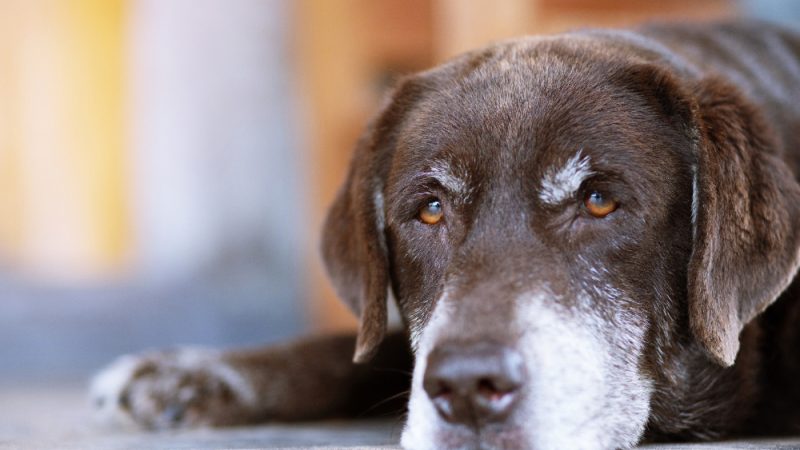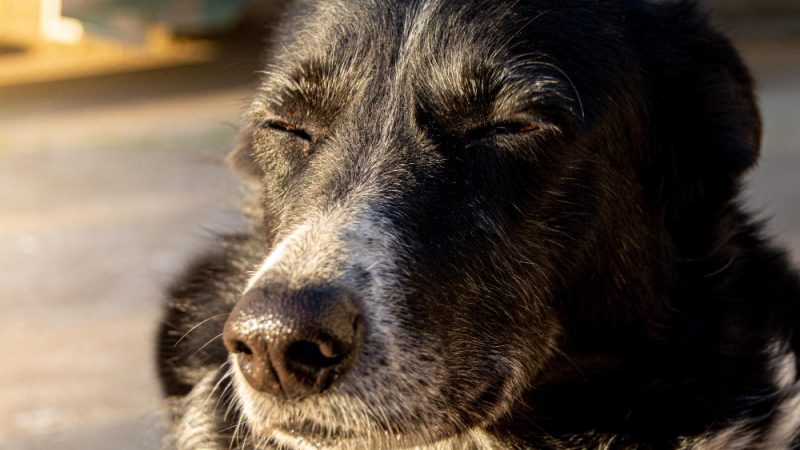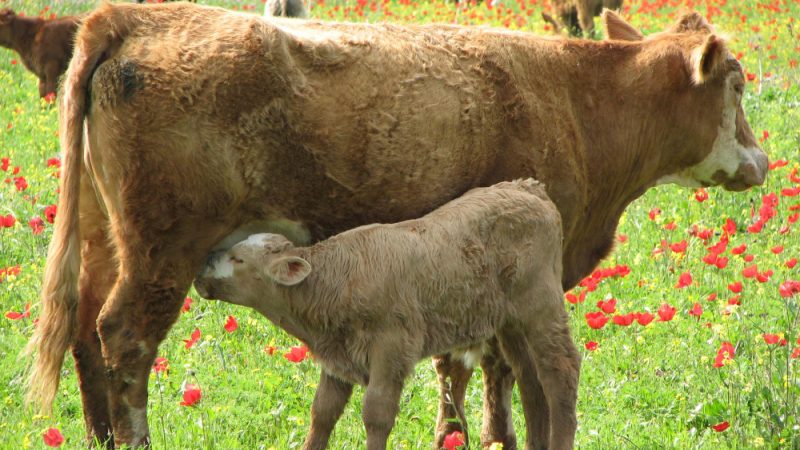Dog tumor – The immune system’s primary function is to identify and destroy defective tumor cells before they can reproduce and spread. In simple terms, the most common cause of dog tumor development is an immune system malfunction.
Approximately 100 million new cells form in a healthy dog every day. While most of these cells are healthy, abnormal progeny cells are also regularly produced.
This is a normal physiological process. The correctly functioning immune system (lymphocytes, NK cells, etc.) recognizes and destroys these abnormal cells, preventing defective cell proliferation.
The dog tumor development process
During cell division, degenerated mutant cells are produced. Several factors, including toxins, radiation, birth defects, and natural aging, affect the number of defective cells produced. Age causes most defective cells to form, making tumors more common in older dogs.
Typically, the body recognizes and neutralizes the defective cells during the early stages of their growth, leading to spontaneous healing.
However, if the immune system fails to respond properly, the defective cells continue to reproduce. They grow to a size detectable by a doctor, leading to the development of an actual dog tumor.
If the immune system does not notice the defective cell and fails to respond properly, a tumor can develop. By the time it’s big enough to be diagnosed as cancer, it consists of hundreds of millions of abnormal cells. Surgery, radiotherapy, or chemotherapy then removes the tumor. However, the underlying cause persists, and the chances of the tumor growing back are high.








